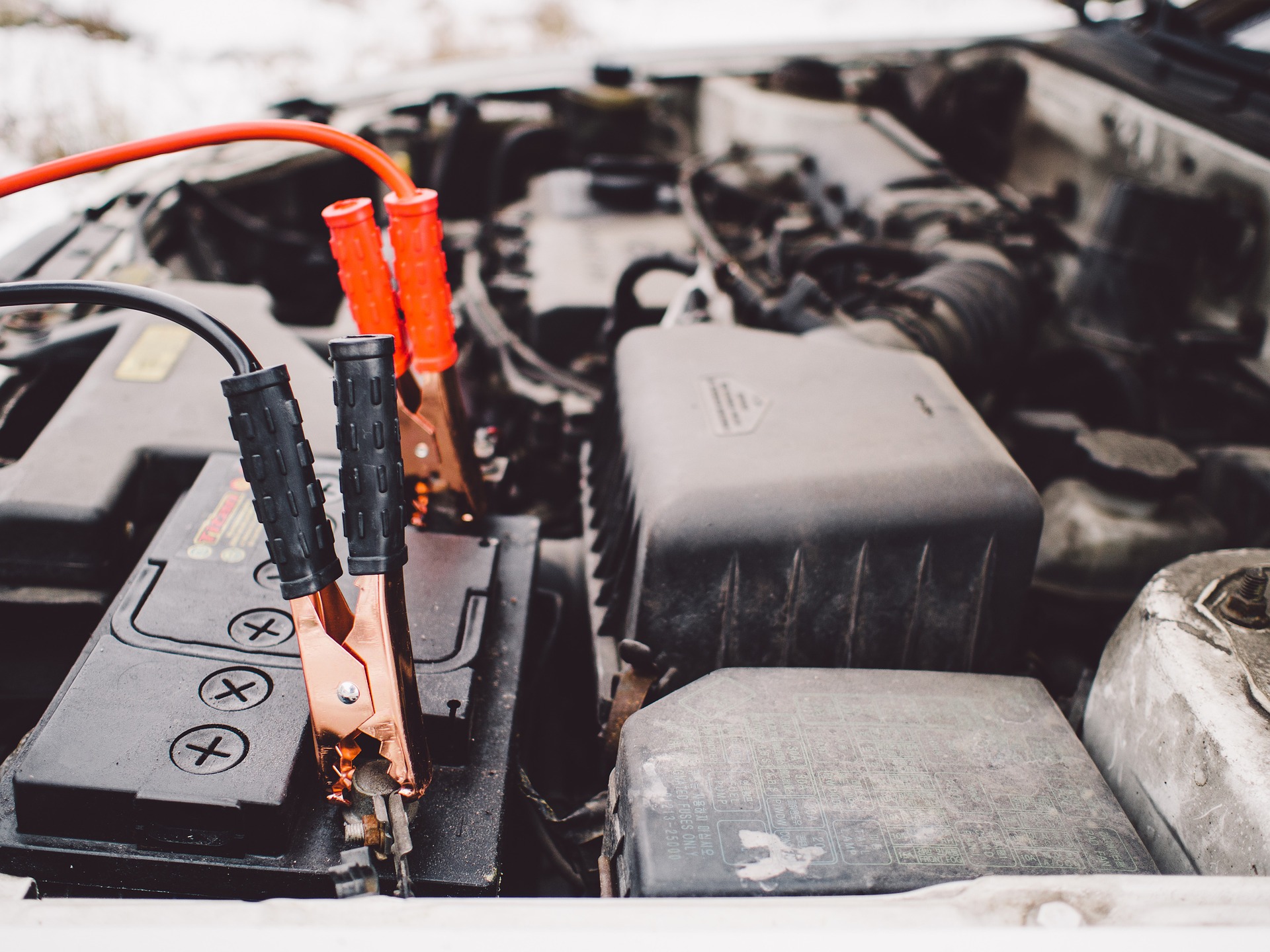Few things are as frustrating as a vehicle that does not start. We depend on our vehicles for a range of essential activities, from getting to work to purchasing groceries. When the vehicle fails to start, it can be extremely stressful. Unfortunately, there are many reasons why a vehicle may not start, so it can be tricky to troubleshoot the problem. At the same time, some of these reasons are more common than others, so learning about the issues that frequently arise can help you get your vehicle running again as quickly as possible. Some of the key reasons that vehicles do not start include the following:
1. Dead battery
The most common reason why your vehicle does not start is a dead battery. The battery is essential for supplying the electrical power that the vehicle needs to start, as well as the radio, lights, and other electric-based components. Batteries can die for several different reasons, such as keeping the headlights or dome lights on for too long. Sometimes, the lifespan of the battery has simply expired. Other common issues include a loose wire or water evaporation within the battery, which leads to bad conductivity. Usually, you will see warning signs that the battery is going to fail, such as the electrical component not working. Some vehicles also have a battery light that will illuminate when the charge is less than expected.
You can test your battery by jump-starting your vehicle, which uses the power from another battery to drive the starter. If this works, the battery is likely dying. However, you could also have a problem with the alternator, which recharges the battery whenever the car is running. If a jump start works, your best bet is to replace the battery. If the vehicle fails to start again, you likely have a problem with the alternator.
2. Broken starter
Another common reason for a vehicle failing to start is a problem with the starter. The starter is an electrical motor that begins turning the engine as you turn the ignition. The engine needs to be in motion for combustion to happen and continue keeping everything running. The only job of the starter is to get the motion started. If you have a bad starter, the engine will not crank properly. Often, you will not hear anything at all when you turn the key. However, you may hear a clicking noise or abnormal sounds. These issues point to a broken or a weak starter. You will need to replace the starter to get the vehicle operating properly.
3. Empty gas tank
Do not forget about your gas tank when you cannot start your vehicle. This is the case more often than people would like to admit. When we drive a lot and are under a time crunch, we can forget that the tank needs to be refilled. Luckily, this is an easy fix—you simply need to get more fuel. Think about the last time you drove your vehicle and if the light for fuel was illuminated. If that was the case, you may need to fill it up before you can start. Some services like AAA may be able to bring fuel to you. Otherwise, you will likely need to get to a gas station and fill a plastic gas tank that you can take back to your vehicle. Then, you can drive your car back to the station and finish filling the gas tank.
4. Bad ignition switch
If you are sure that your battery is working properly and that your vehicle is full of fuel, another possibility is a defective ignition switch. Should you be unsure, simply try turning on your headlights or some dashboard components. When these components work but your engine will not start, then you could be dealing with a bad ignition switch. Often, you will see flickering dashboard lights and hear noises coming from the engine as you try to start it. Sometimes, you may not be able to turn the key at all. If this is the issue, think about getting the ignition switch replaced.
5. Clogged fuel filter
If you are positive that your vehicle has fuel, then there may not be enough getting to the engine. This can happen when your fuel filter gets clogged. This filter helps trap debris and other contaminants present in fuel. If these contaminants make it to the engine, they will damage the injectors. Over time, the filter will get clogged, which will lessen the flow of fuel. If the engine cannot get enough fuel for combustion, then it will not start. Changing the fuel filter is an important part of regular maintenance that should not be disregarded. The range of mileage for changing a fuel filter can be broad, so always look at the manufacturer’s recommendations found in the owner’s manual. If you cannot remember the last time you changed your filter, doing so could be an easy fix for getting your vehicle to start.
